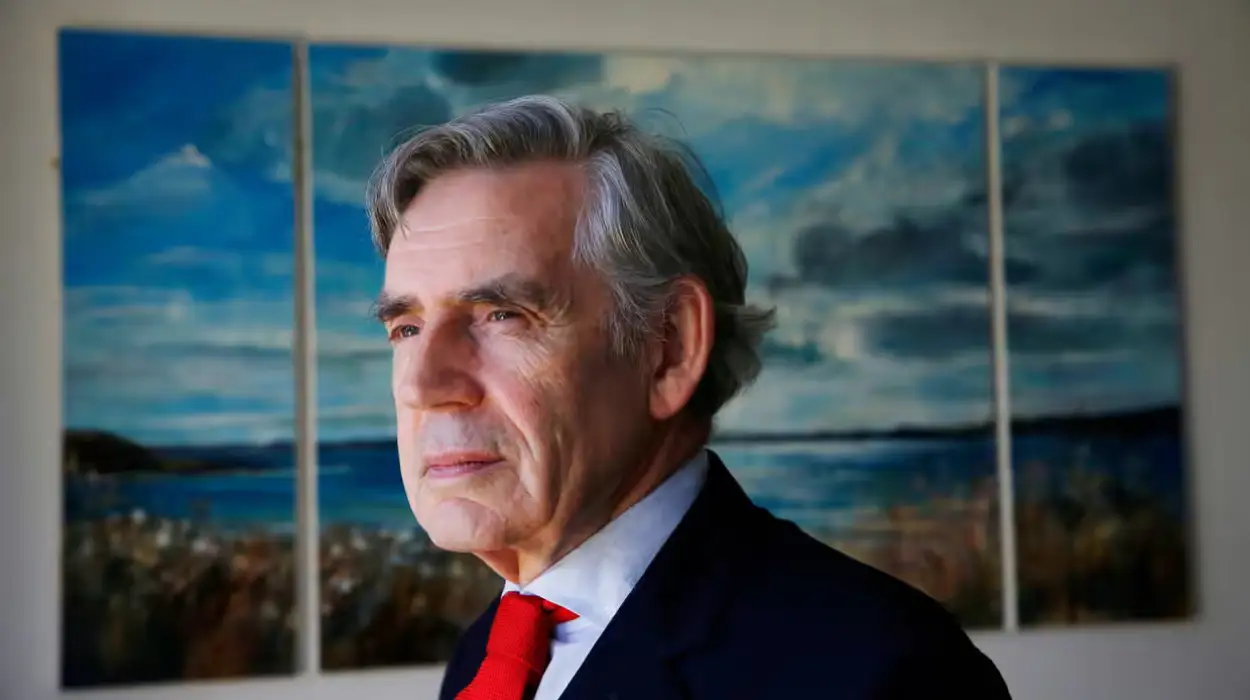London (Parliament Politics Magazine) – The former Labour prime minister has opposed the assisted dying bill, calling for better end-of-life care instead. He urged for a commission on palliative care before considering such legislation.
Gordon Brown has publicly argued against the assisted dying bill, stating that the death of his infant strengthens his belief in the need for better palliative care instead of legislative changes.
In a rare and emotional reflection, the former PM recalled the time spent with his wife, Sarah, at their baby Jennifer’s bedside “as her life ebbed away”, describing those moments “among the most precious days of [our] lives”.
Next Friday, MPs will debate the Terminally ILL Adults (End of Life) Bill, which aims to allow medically assisted death for eligible terminally ill patients.
Brown warns in The Guardian column that the assisted dying discussion is moving too fast and insists that with the NHS in its current condition, it’s not the right time to make such an important decision.
Kim Leadbeater, a Labour MP, has introduced the bill to prevent suffering from a terminal illness, with support from public figures like Esther Rantzen who push for legal reform.
Although Gordon stepped down as MP in 2015 and will not vote, his opinion still holds significant influence within the Labour Party.
MPs are ready to have a free vote on Friday, with the freedom to follow their beliefs rather than party directions.
As the historic vote approaches, supporters and opponents of the bill are stepping up their lobbying efforts to influence undecided MPs.
Brown shares the extent of Jennifer’s brain haemorrhage just four days after her birth in December 2001, when he was Chancellor and she passed away at 11 days old.
He stated, “We were fully aware that all hope was gone and that she had no chance of survival. We could only sit with her, hold her tiny hand and be there for her as life ebbed away. She died in our arms”.
“But those days we spent with her remain among the most precious days of my and Sarah’s lives. The experience of sitting with a fatally ill baby girl did not convince me of the case for assisted dying; it convinced me of the value and imperative of good end-of-life care. We were reassured that she was not in pain”.
Yvette Cooper, the home secretary, on Friday became the latest cabinet minister to share their view on assisted dying when she said she supported “the principle of needing change” in the law.
she told Good Morning Britain, “I have voted for change in the past. These are important and difficult issues, and I haven’t changed my view on the principles of this issue. But I do also recognise that there is a detailed debate to be had on the details of legislation on the kinds of safeguards and things that need to be in place”.
When asked how she would vote, she added “I continue to support the principle of needing change but also to ensure that we’ve got the proper safeguards and systems in place”.
According to a YouGov poll published on Friday, 73% of the British public support assisted dying, while 13% oppose it. more than 55% think the law should be extended to include people with severe, non-terminal conditions.
Brown argues that the decision on assisted dying should be delayed to allow for more discussion and understanding of the issue.
He writes: “Britain usually moves too slowly on those matters where it should move fast. But sometimes, as now, it can move too fast on an issue where it should go slower, listen and learn”.
Mr Brown added, “And with the NHS still at its lowest ebb, this is not the right time to make such a profound decision. Instead, we need to show we can do better at assisted living before deciding whether to legislate on ways to die”.
The voting on the assisted dying bill will be held next week on 29 November. Many British political leaders and ministers have already cleared their position over this bill. Energy Secretary Ed Miliband, Home Secretary Yvette Cooper, Work and Pensions Secretary Liz Kendall, and Science Secretary Peter Kyle will vote in favour of this bill while many have not yet decided.


